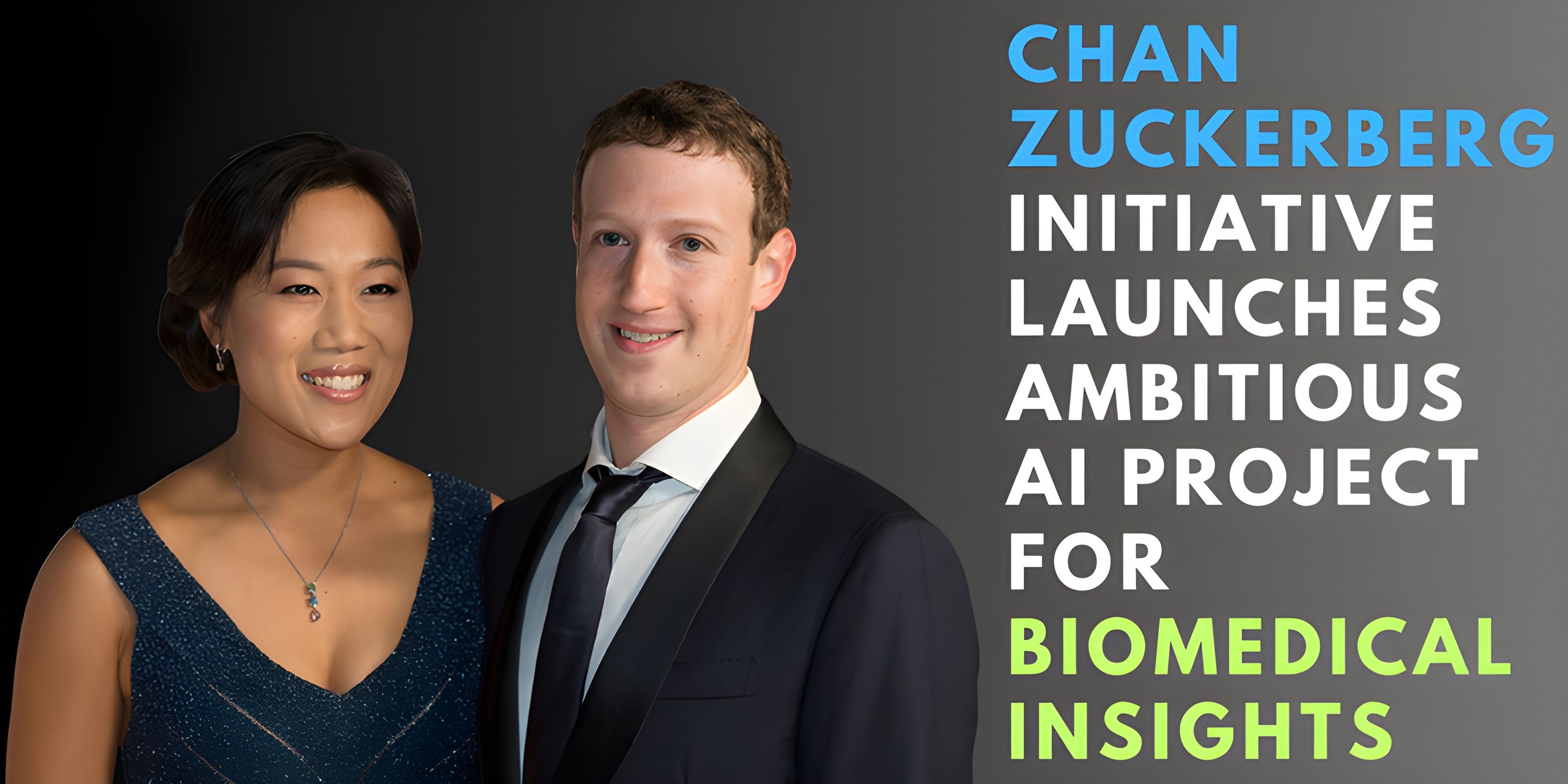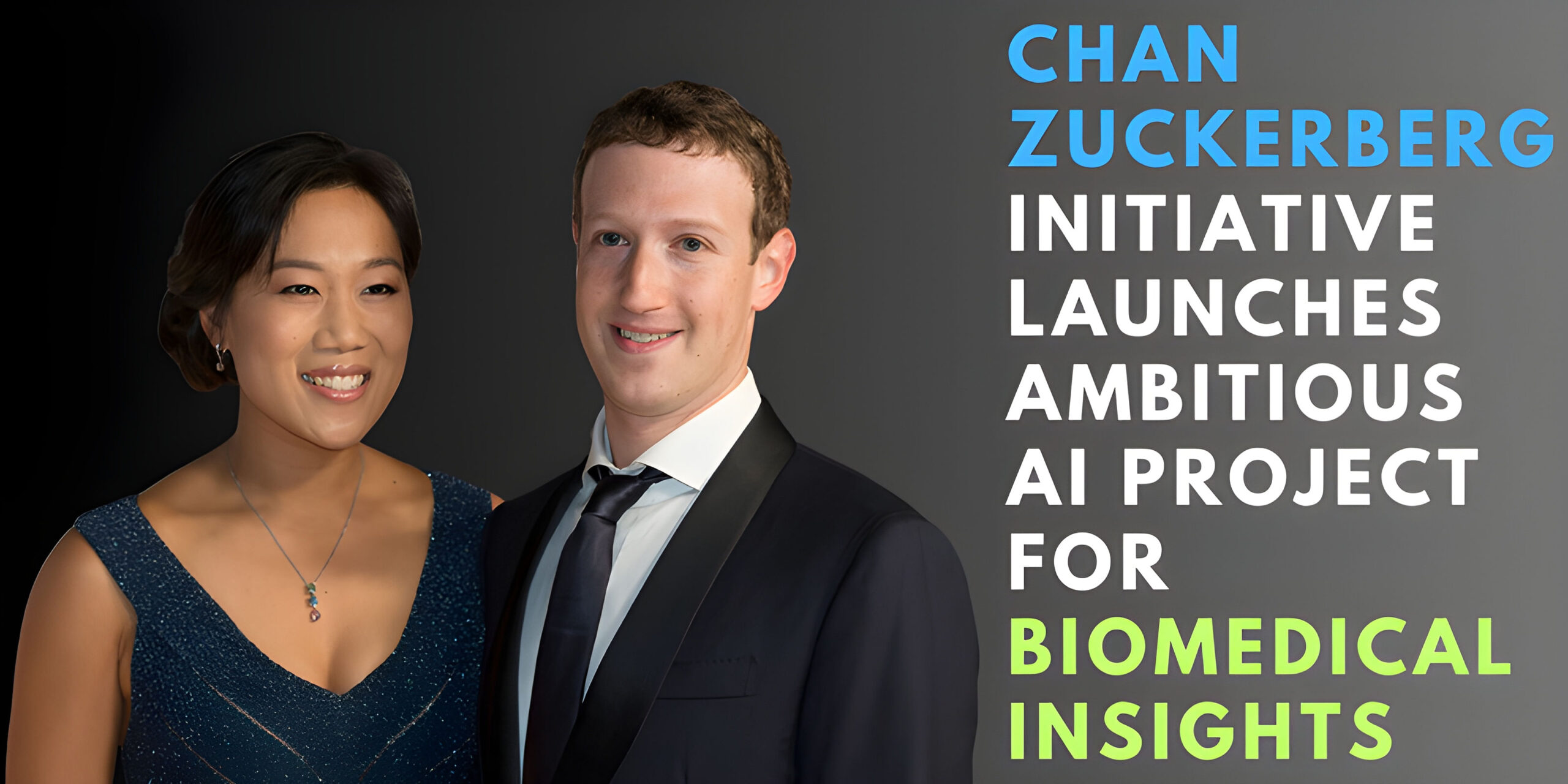
In a remarkable stride toward revolutionizing medical research, the Chan Zuckerberg Initiative (CZI), conceived by Priscilla Chan and Mark Zuckerberg in 2015, has unveiled an avant-garde initiative that leverages the power of Artificial Intelligence (AI) to foster a deeper understanding of cellular mechanisms within the human body. This pioneering project entails the assembly of a potent GPU cluster, equipped with over 1,000 high-end graphics processors, aiming to catalyse the discovery of solutions to myriad medical mysteries.
This audacious venture is anchored in the utilisation of Generative AI, with the ultimate objective of facilitating the “cure, prevention, or management of all diseases by the end of this century,” a statement that encapsulates the ambitious vision of CZI. By harnessing the capabilities of large language models (LLMs), the initiative aspires to create comprehensive and predictive models of both healthy and diseased cells, paving the way for unprecedented insights into cellular reactions and properties.
Jeff MacGregor, the vice president of communications at CZI, illuminated the complexity of the endeavor, noting the vast amount of data that is continuously being amassed about the trillions of cells within our bodies. He underscored the monumental task of analysing data equivalent to 83,000 smartphone photos just to image a single cell at a nanometer resolution. It is in navigating this complex maze of information that generative AI promises to be a game-changer, not only expediting the process but potentially uncovering patterns and insights that would remain elusive to human experts.
Priscilla Chan, co-founder and co-CEO of CZI, delineated the expansive possibilities this project unlocks, from anticipating immune cell responses to infections, to exploring the cellular implications of rare diseases in newborns, and predicting individual responses to new medications. This collaborative endeavor, she believes, will unravel groundbreaking perspectives on the intrinsic characteristics of our cells.
This initiative signifies more than just technological advancement; it holds the promise of fostering collaborative and open-source research. It aims to provide a platform where under-resourced researchers can gain access to critical data and tools, thereby democratising the research landscape. The GPU cluster, as described by Stephen Quake, CZI Head of Science, aspires to function as a “virtual biology simulator,” a tool capable of unearthing comprehensive insights from an extensive array of data sources including the Chan Zuckerberg Cell by Gene tool and other public datasets.
Mark Zuckerberg echoes the sentiments of anticipation and hope that surround this project, highlighting the novel opportunities that AI is introducing in the realm of biomedicine. Through the creation of digital models that can predict an extensive range of cell types and states, this initiative stands as a beacon of innovation, guiding researchers to a deeper understanding of health and disease dynamics at the cellular level, and potentially transforming the future of medical science.
.thumbnailWrapper
width:6.62rem !important;
.alsoReadTitleImage
min-width: 81px !important;
min-height: 81px !important;
.alsoReadMainTitleText
font-size: 14px !important;
line-height: 20px !important;
.alsoReadHeadText
font-size: 24px !important;
line-height: 20px !important;











